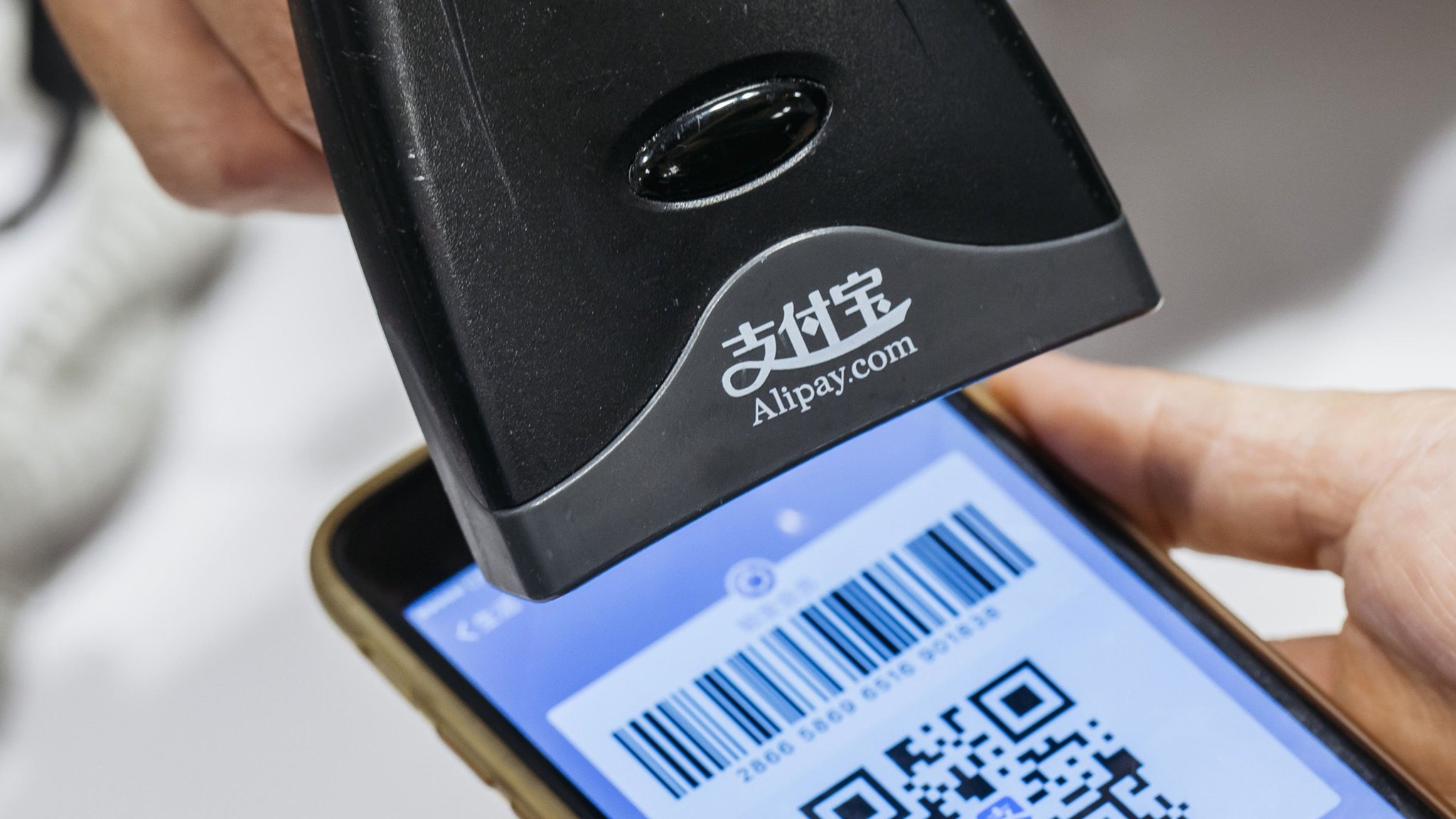Chinese authorities have told Ant Group, Alibaba’s fintech affiliate, to return to its “payment roots,” and ordered the company to formulate a plan and timetable to overhaul its business as regulators scrutinize the country’s Big Tech firms in antitrust probes.
Representatives of Ant Group met with regulators, including People’s Bank of China (PBOC) vice governor Pan Gongsheng, who said in a statement released on Sunday that Ant lacked sound governance, defied regulatory compliance requirements, and engaged in regulatory arbitrage. Pan also pointed out that Ant uses its dominant market position to exclude competitors, in turn damaging consumers’ rights and interests.
China’s financial regulators now demand Ant to refocus on its payments business, make transactions transparent for oversight, and avoid unfair competition.
Far more than a payments services provider, Ant Group has diversified its services in the past years to cover consumer credit, personal lending, insurance coverage in the form of mutual aid, and wealth management. The scale of Ant’s services is broad and deep: Ant has processed USD 17 trillion in payments in the 12 months ended in June, its USD 173 billion proprietary market fund is the largest in China, and its Xianghubao mutual aid healthcare platform provides coverage for 107 million people, according to data compiled by Bloomberg.
In another official statement released on Sunday, Ant Group said it will establish a working group to revamp its business and follow regulators’ requirements that were stated at the meeting. The company also said it will not raise prices for its users and financial partners, and work to manage risk and strengthen controls. “We appreciate the financial regulators’ guidance and help,” reads the statement. “The rectification is an opportunity for Ant Group to strengthen the foundation for our business to grow with full compliance, and to continue focusing on innovating for social good and serving small businesses.”
Last week, on December 24, China’s State Administration for Market Regulation (SAMR) launched an on-site investigation at Alibaba’s (HKEX: 9988; NYSE: BABA) Hangzhou headquarters to probe the e-commerce giant’s alleged monopolistic practices, a local media outlet reported on Sunday.
Other tech companies are also feeling mounting pressure from regulators’ antitrust investigations. Earlier this month, Tencent-owned online literature company China Literature (HKEX: 0772) was fined due to its acquisition of New Classics Media, a TV and film production company, which was completed two years ago. The SAMR is also examining the merger between video streaming platforms Douyu and Huya, which was led by Tencent.
Last week, JD Digits, Tencent, Baidu, Lufax, and Trip.com halted transactions for deposit-taking products on their platforms, following the example of Ant Group, which did so for similar interest-bearing time deposit products to comply with the tightening regulations for the fintech sector.
Current antitrust investigations in China also extend to other fields, like transportation. The China Taxi Industry Alliance has urged SAMR to continue its anti-monopoly investigation into the merger of Didi and Uber China.
